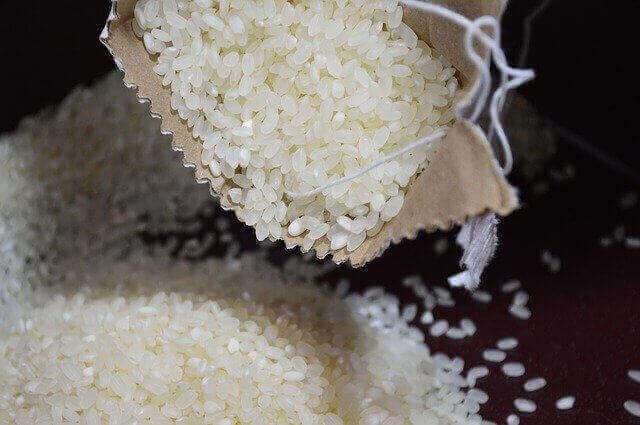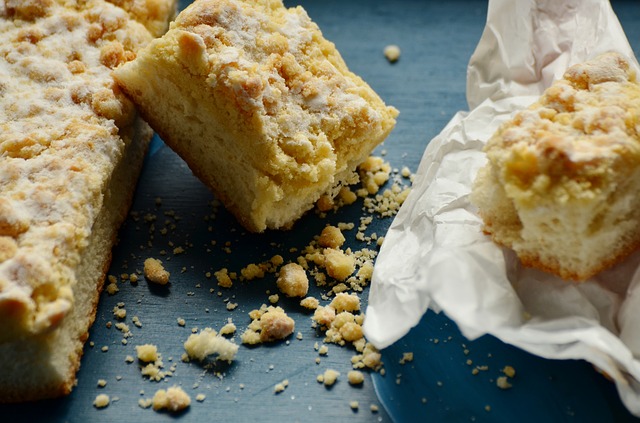KETO DIET- Yes or No?

Keto diet or the Ketogenic diet is the most popular diet craze of 2018. It is also called HFLC or high fat, low carb diet. In this diet plan, one is allowed to eat foods that are high in fat, moderate in protein but low in carbohydrates. The emphasis is not on starvation of calories but starvation of carb rich food. So while butter, eggs, cheese, nuts, yoghurts are all highly recommended in this diet; intake of roti, rice and even fruits is restricted.
What is the science on which it is based?

When you are eating such less carbs, your body enters a state called Ketosis. During this state, the body burns fats for fuel or energy, instead of carbs. Fans and followers of this diet craze believe this leads to fat loss or weight loss. So is it true? While it is true that you may initially lose some weight, this weight loss is only temporary and does not sustain in the long run.
What about the side effects?
Keto diets came into existence in 1920s and was created for epilepsy. But as a general weight-loss plan, keto is more controversial. We need to understand that carbs are extremely vital energy giving fuel for our body. A low carb diet will make you feel extremely fatigued and cranky. On top of it, if you are also exercising and working out to lose weight, then fuelling your body right by eating carbs is a must.
KETO DIARRHOEA

You need carbs to meet your daily quota of fibre intake. Protein and fat foods contain almost negligible dietary fibre. Starving yourself of fibre and prebiotic rich carb foods like wholegrains, fruits etc., will cause gastro intestinal issues like diarrhoea and constipation
KETO ACIDOSIS

The third and most important point is about keto acidosis. When the body stores up too many ketones, which are produced when burning fat, the blood becomes too acidic and can damage the livers, kidneys and the brain. That’s why those with diabetes should especially refrain from this diet. Some studies even suggest that following a low carb and high fat diet, may actually increase a person’s risk of diabetes, heart diseases and cancer.
Finally, before you set yourself up to embark on this buzzy eating plan, remember that even if you do lose weight on this, it might actually be a lot of lean muscle tissue. Losing muscle is not going to make you look fit and strong. Also, you are bound to regain a lot of the weight as soon as you go back on carbs. But now, instead of regaining lean muscle, you’re likely to gain fat. This can have lasting effects on your metabolic rate, and also on your body weight long-term.
So do ask yourself if all this is really worth it?
Unsure about the right diet for you? Are you torn between what you’d love to eat and what you hear is unhealthy for you? Sign up for a one-on-one nutrition & diet consultation with leading Mumbai dietitian Munmun Ganeriwal
Related video-
Mayo Clinic: Why the keto diet is more hype than help for most people





